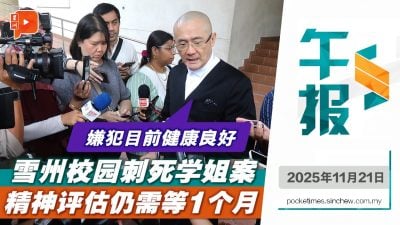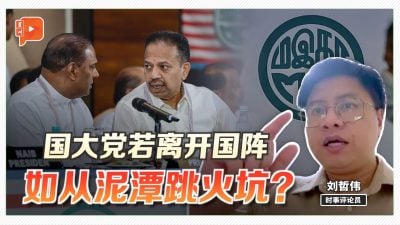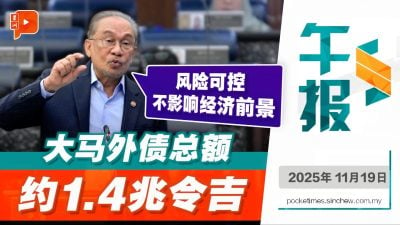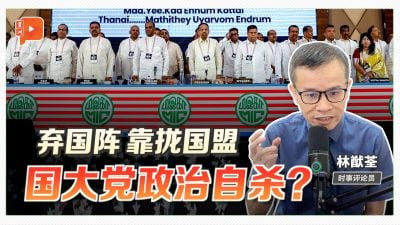
The current political episode is unique due to the polemical issue concerning the position of MIC and MCA in the Unity Government.
The government today was formed based on the advice and consent of the Yang di-Pertuan Agong after the inconclusive results of GE15.
Three years into the administration of the Unity Government, many progressive steps have been taken, although some are still in progress to ensure that planned policies are implemented before the current mandate ends.
The position of each political party in the Unity Government reflects differences in views, ideology, roles, and responsibilities that must be carried out for the people, as public trust is more important in the electoral process.
Traditionally, Malaysian politics has revolved around numbers, power, and the art of possibilities. Political episodes in recent years resemble attempts to with so many different types of episodes.
The cooperation within Barisan Nasional (BN) comprising Umno, MCA, and MIC has been clear and established since independence and continues under the Unity Government.
BN has always ensured loyalty and compliance among its component parties with decisions made at the grassroots level.
However, speculation that MIC and MCA may cooperate with Perikatan Nasional (PN) in the upcoming GE16 could be a severe blow to both parties.
Not only would this diminish the confidence of Indian and Chinese voters in them, but it could also worsen the current political climate.
History reminds us that after GE13 in 2008, MIC and MCA lost stable footing in meeting voter demands.
Since then, voters have become more analytical and discerning in assessing the political temperature.
Given that MIC and MCA are racially based parties, questions arise: if they were to work with PAS, would voter support for them increase?
Such a move could create negative perceptions among voters and trigger internal problems within both parties.
PAS Deputy President Datuk Seri Tuan Ibrahim Tuan Mat has expressed disappointment, stating that both MIC and MCA were not given fair treatment within the Unity Government.
This sentiment was reinforced by the fact that leaders in Kedah, Penang, and the Federal Territories proposed that these parties leave BN.
Similarly, MIC Deputy President Datuk Seri Saravanan said promises had been made that the party would be allocated seats under Datuk Seri Anwar Ibrahim’s leadership as Prime Minister.
Umno must take the lead in offering solutions to ensure that MIC and MCA remain committed to cooperation within BN, especially with the next general election approaching.
In GE15, MIC won one parliamentary seat while MCA secured two.
Logically, any potential cooperation between MIC, MCA, and PAS may seem advantageous to PAS, as it would allow the party to pull both into its fold.
However, in the long run, this would lead to tension and instability within MIC and MCA.
History also shows that when PAS collaborated with DAP under Pakatan Rakyat, it benefitted from Chinese voter support.
A similar strategy may now be in play with MIC and MCA. This can be described as “influence,” with PAS offering various incentives to strengthen its relevance among voters.
PN’s earlier loose coalition with 11 non-Malay parties also suggests that PAS may be pursuing a similar strategy to attract Indian voters.
However, the participation of MIC and MCA alongside PAS would not bring a political “win-win factor.” On the contrary, it would create disadvantages.
At the same time, MIC and MCA cannot rely solely on Umno to advance their political interests.
BN must find a common strength to enhance cooperation among its components.
If MIC and MCA were to join PAS, the situation could deteriorate further not only within BN but also within the parties themselves.
Umno would then need to step in as the “hero” to resolve the resulting tensions.
As the backbone of BN, Umno must take the lead in offering solutions to ensure that MIC and MCA remain committed to cooperation within BN, especially with the next general election approaching.
Immediate reforms are crucial for both MIC and MCA to restore ideas, support, and public trust in their parties.
(Dr Sharmin Kutty Sivaraman is Political Analyst.)
ADVERTISEMENT
ADVERTISEMENT








































